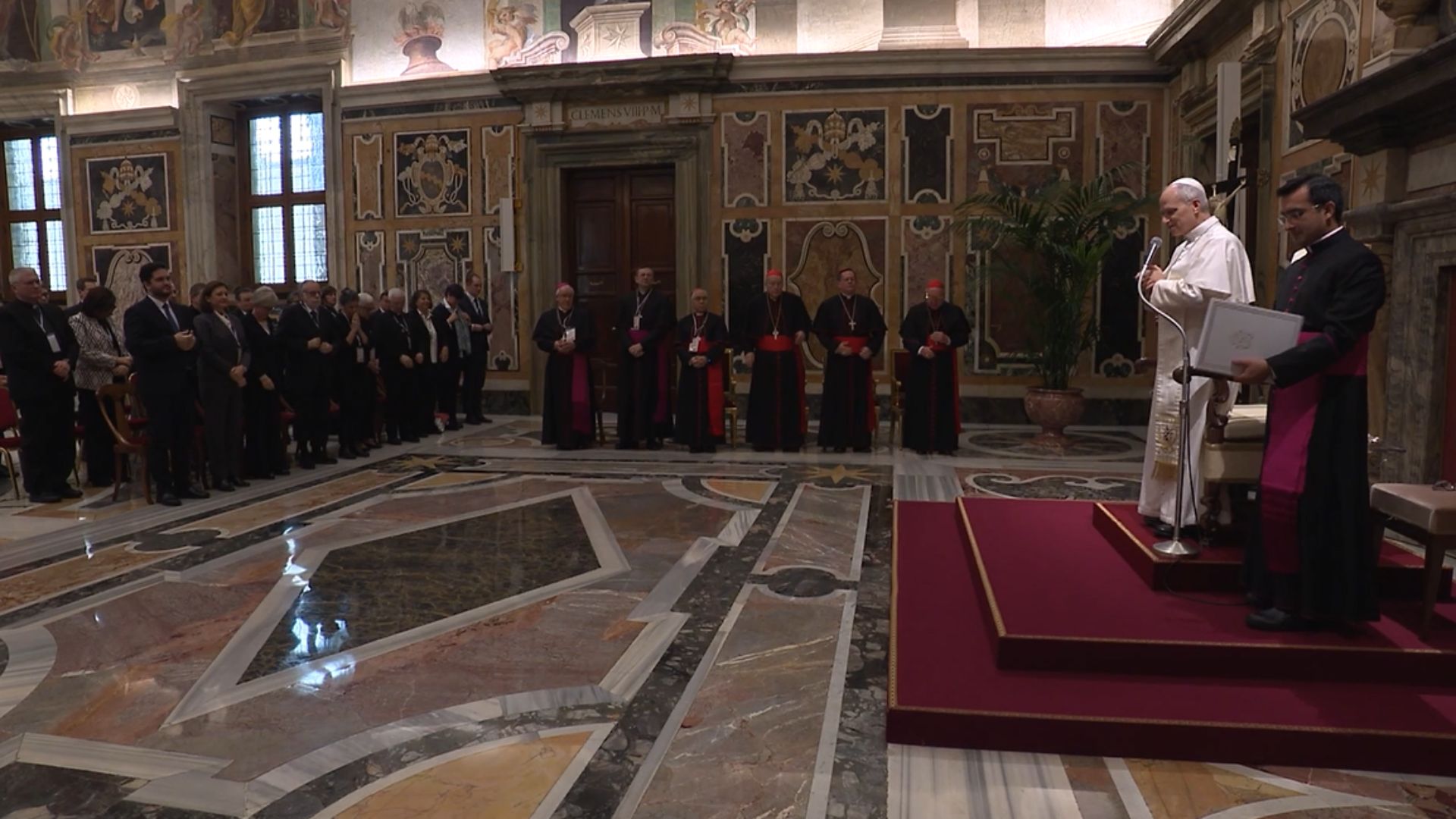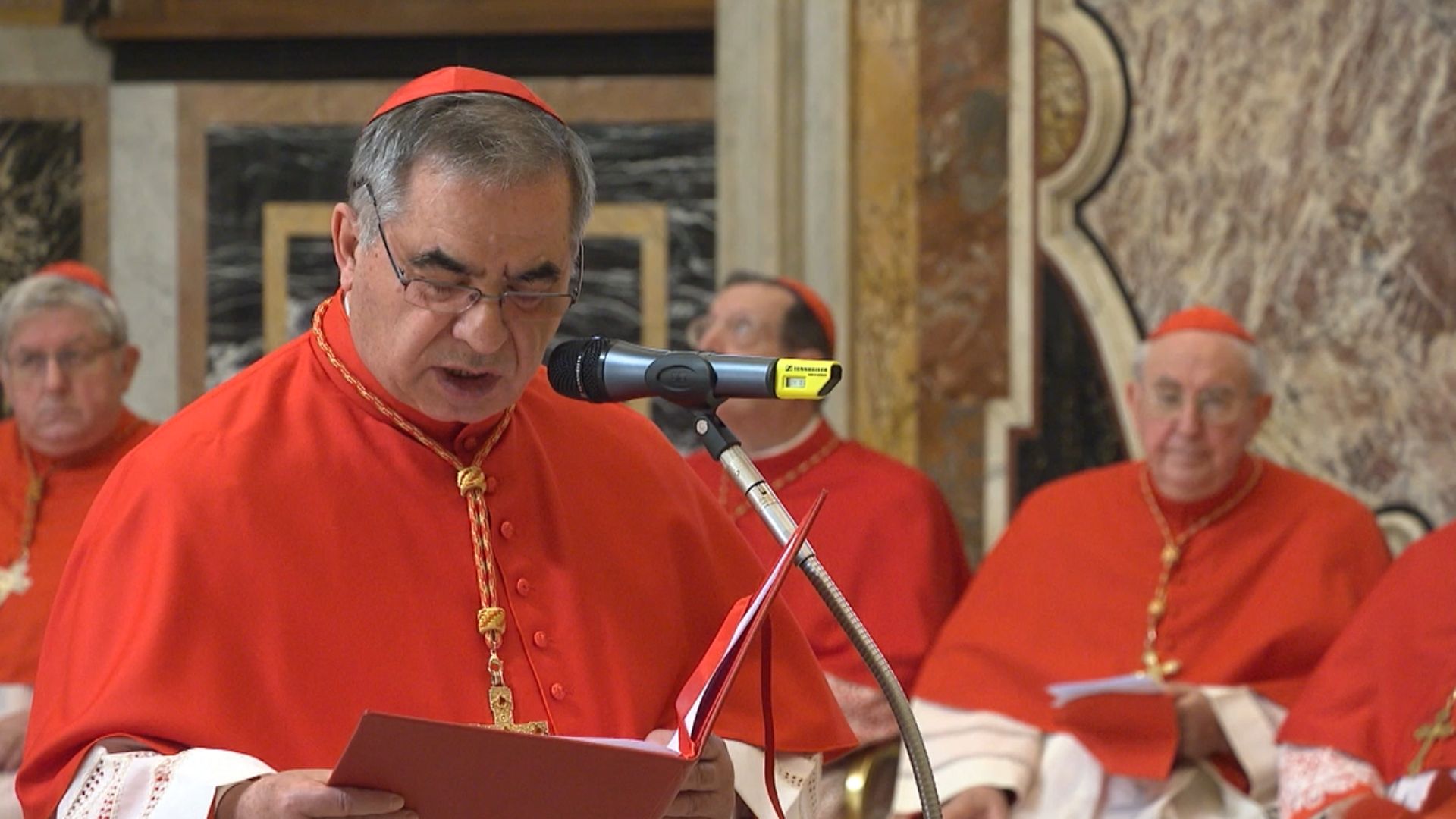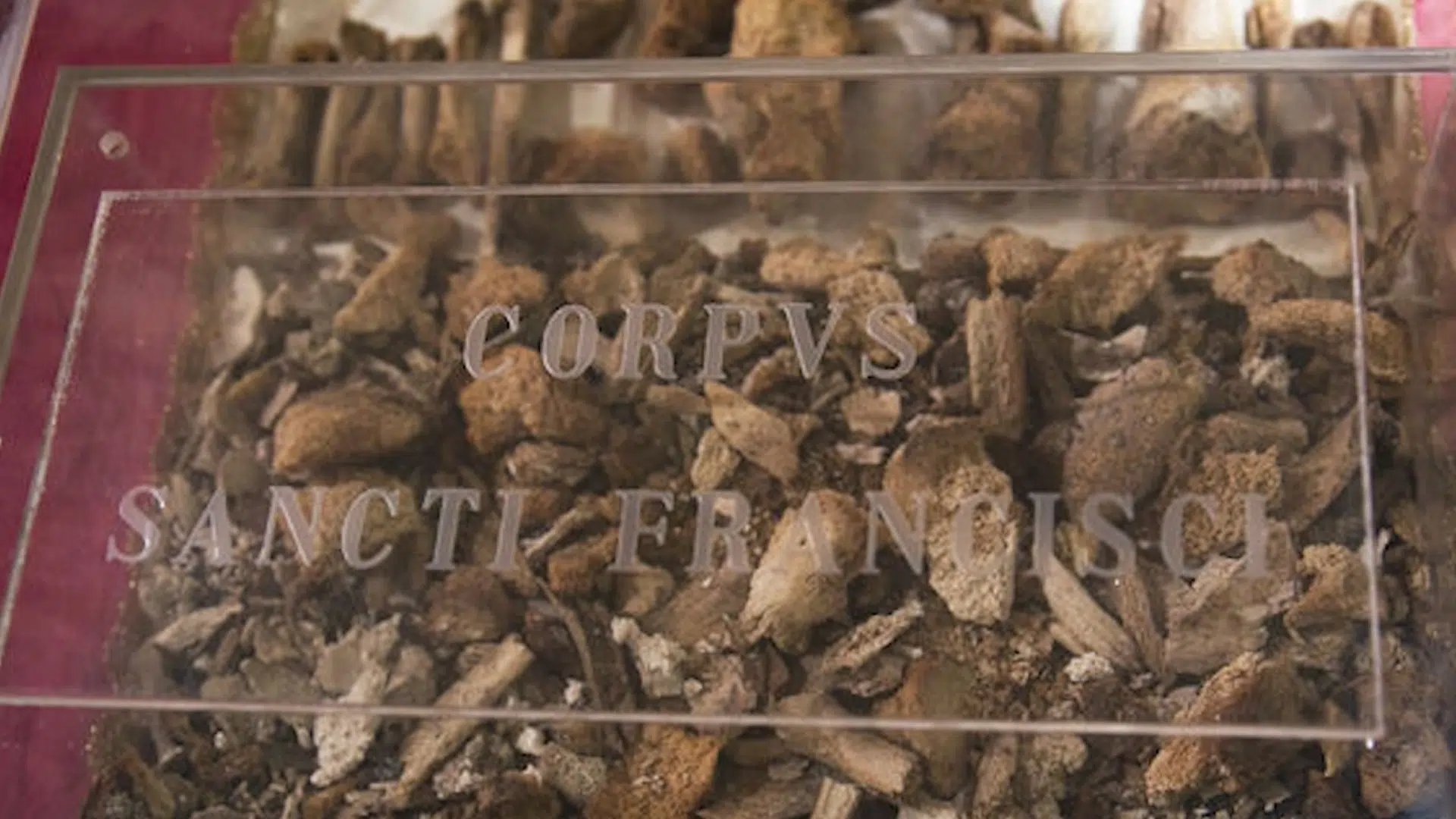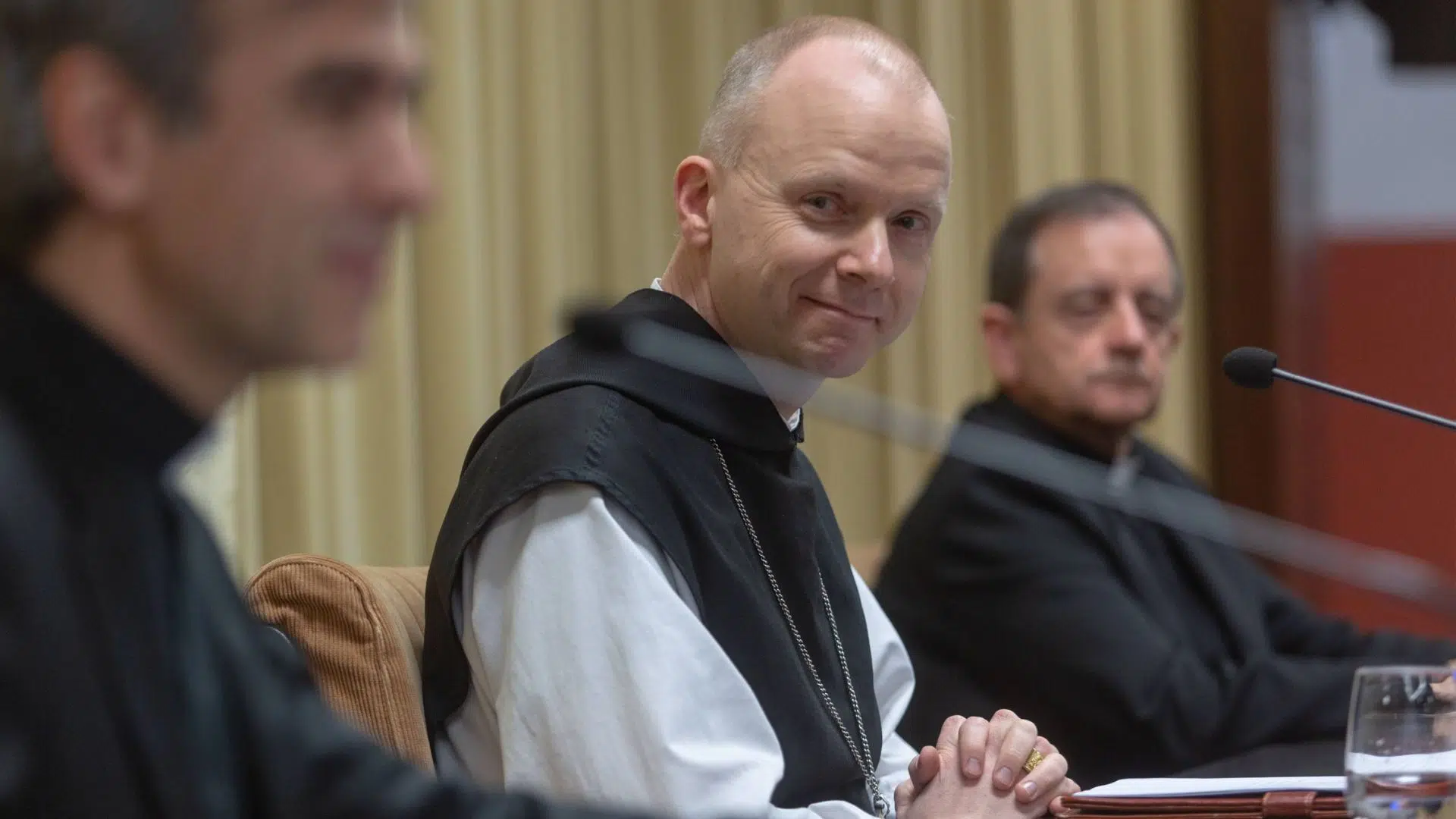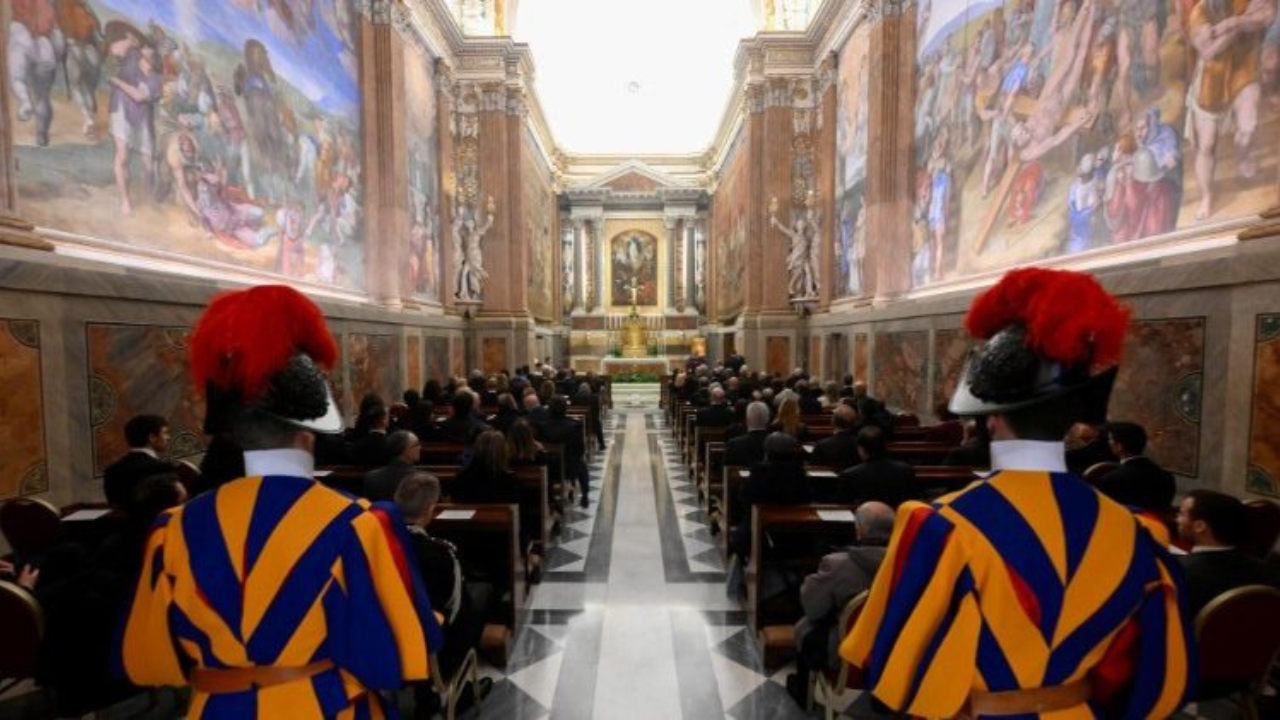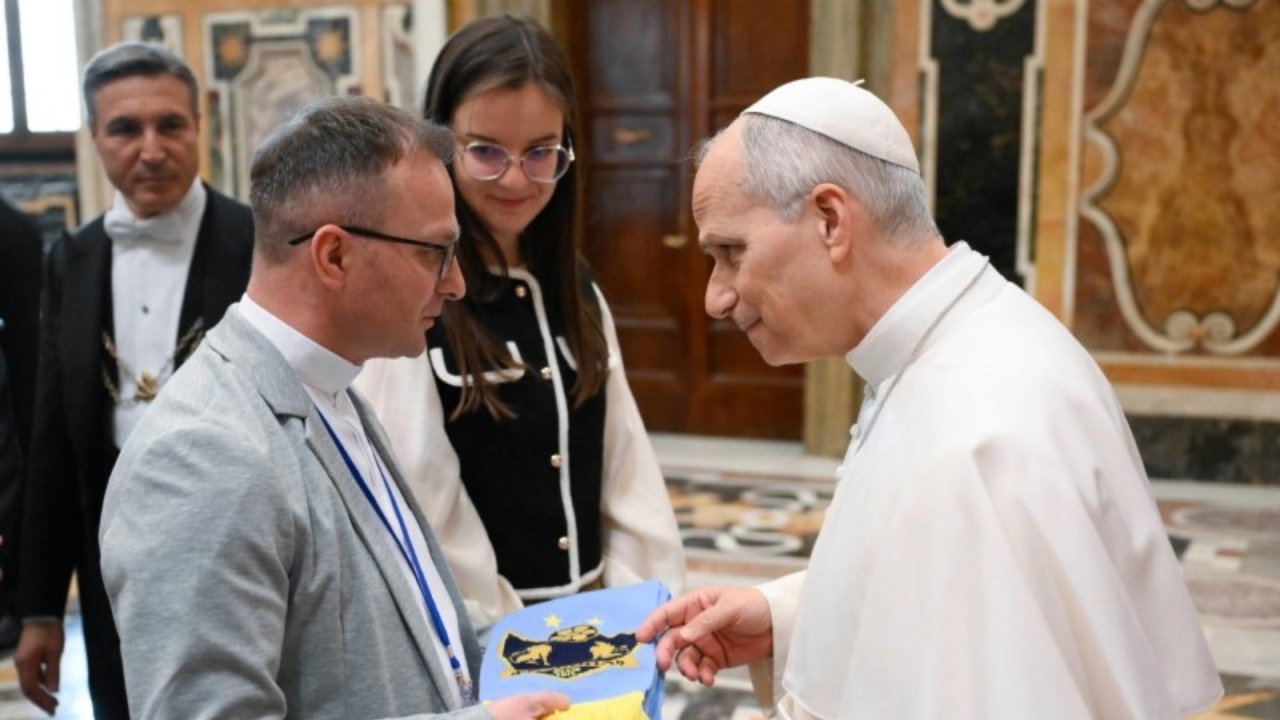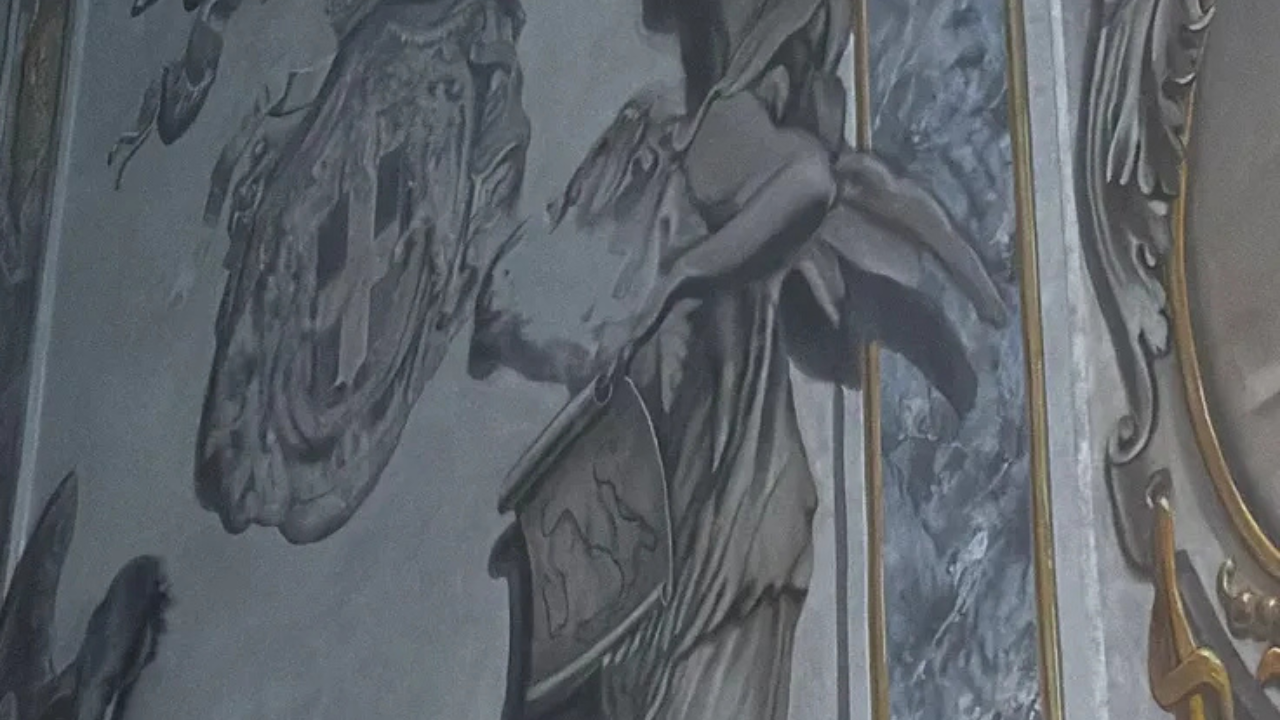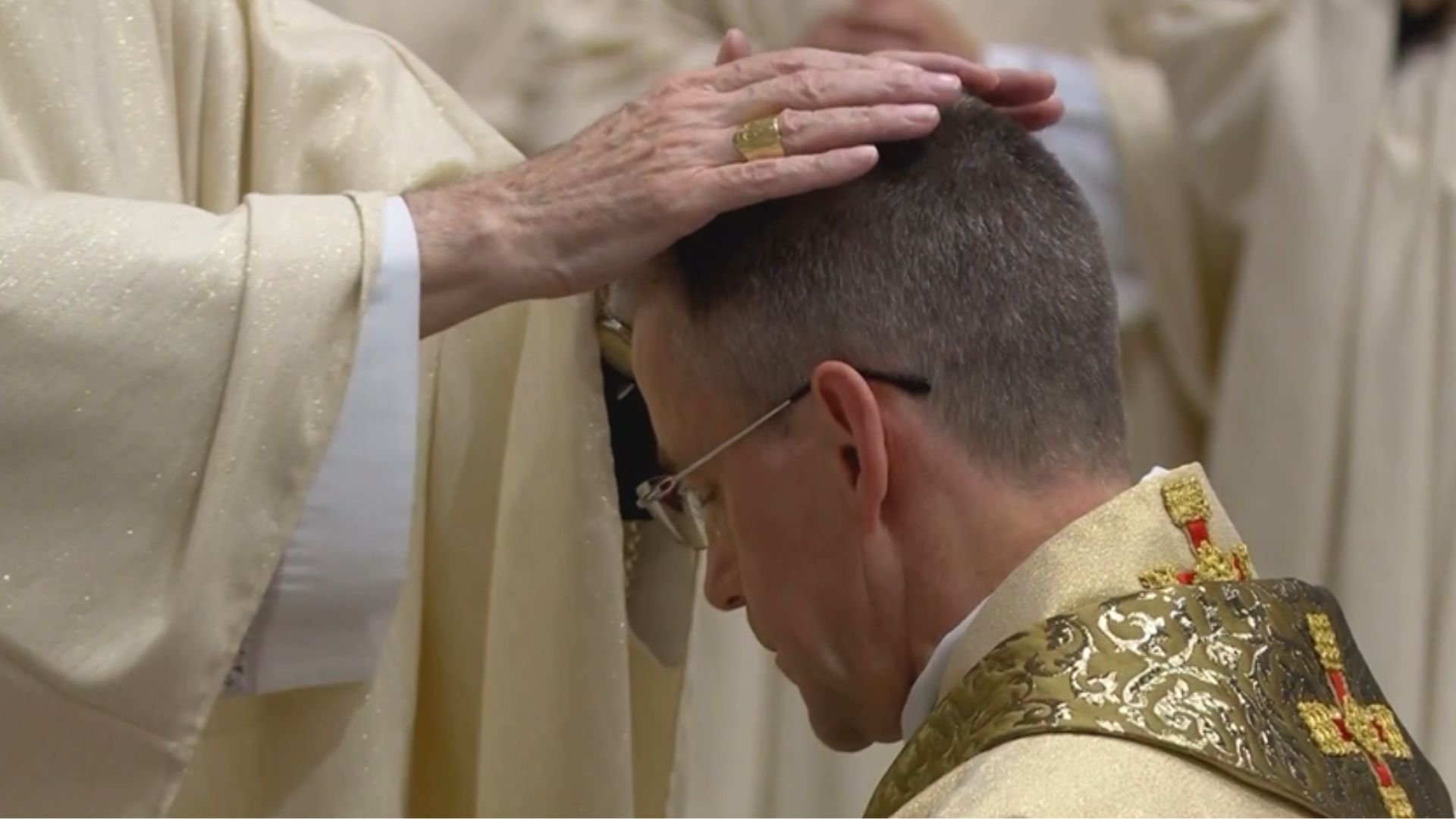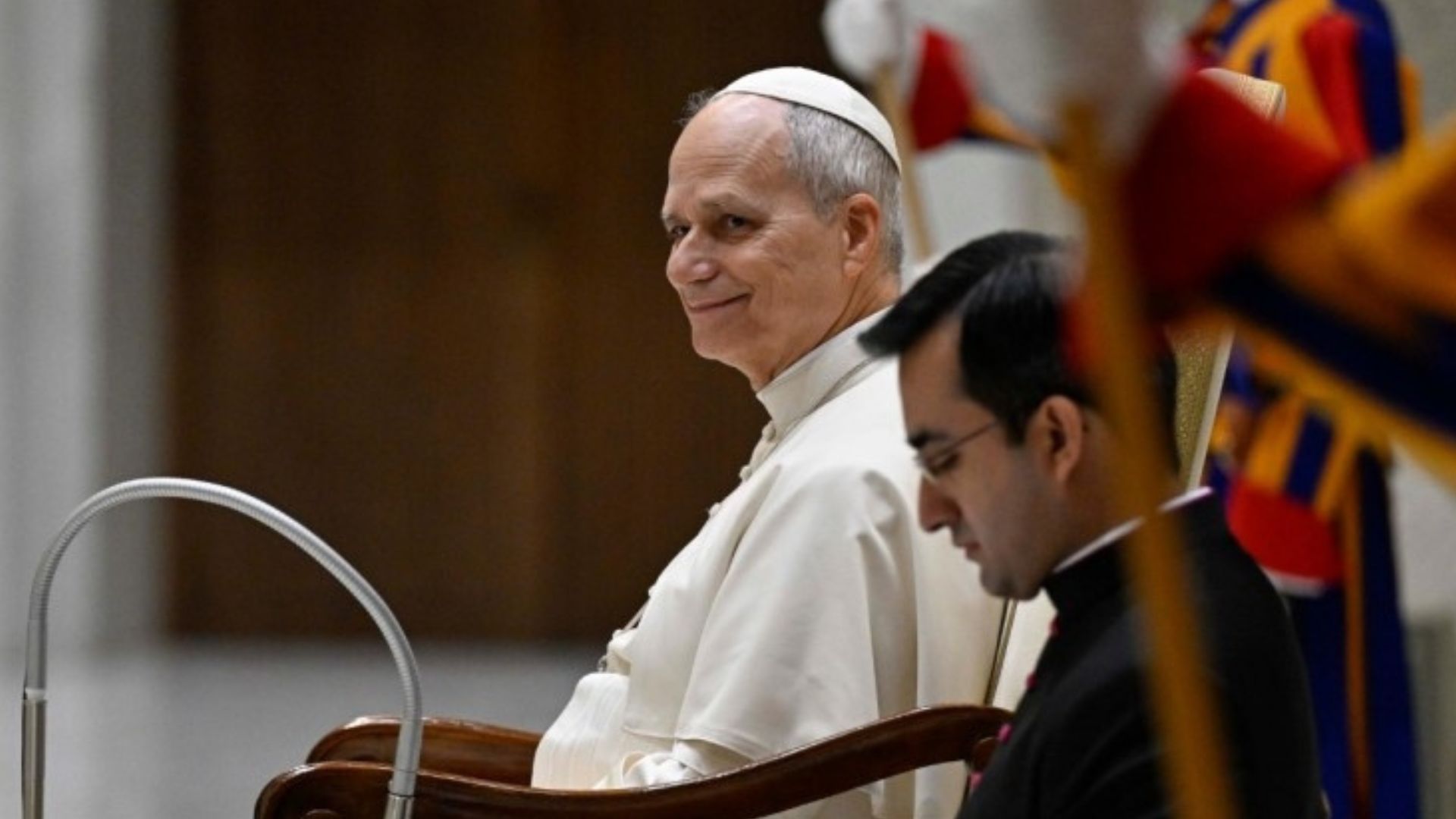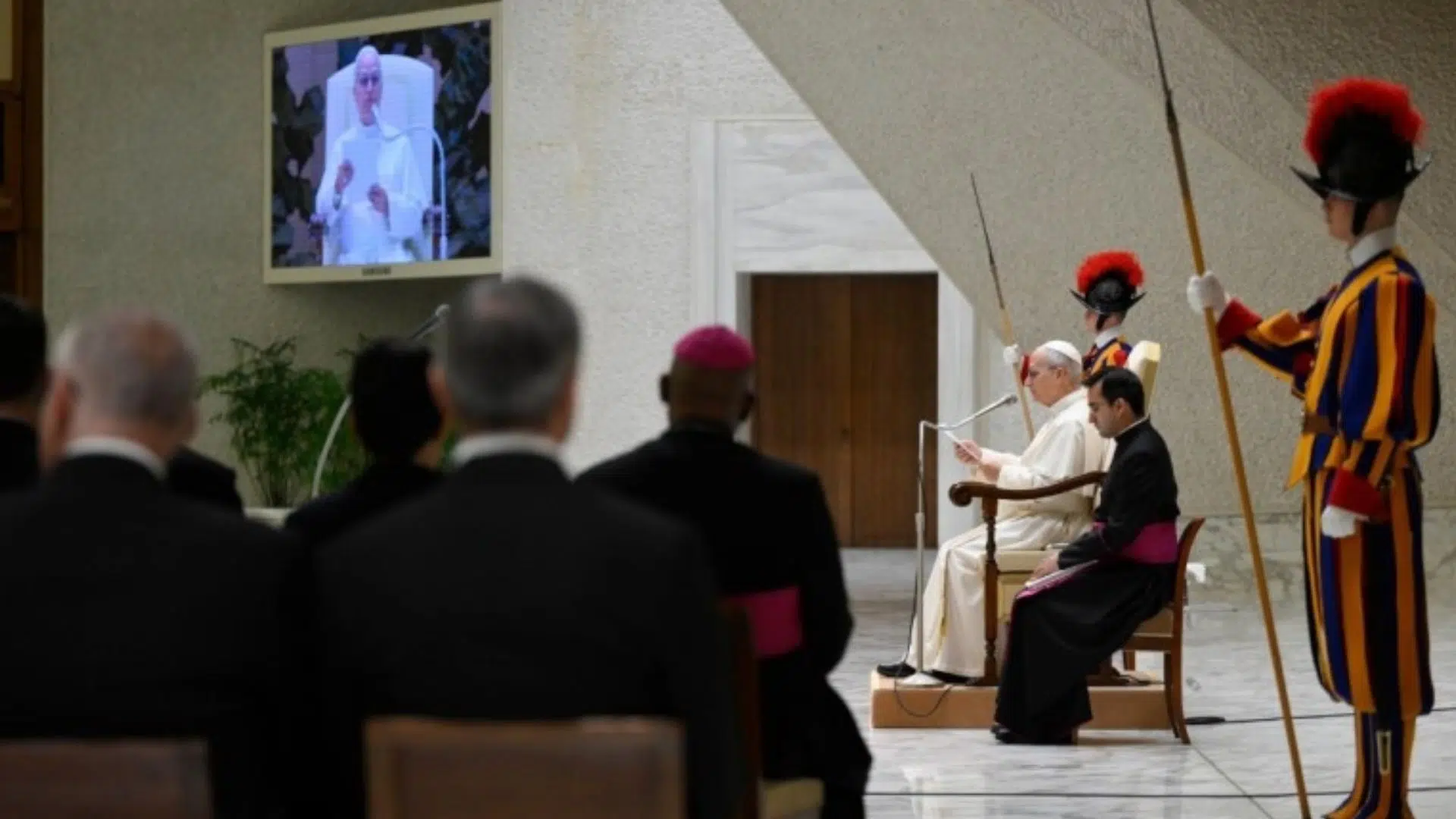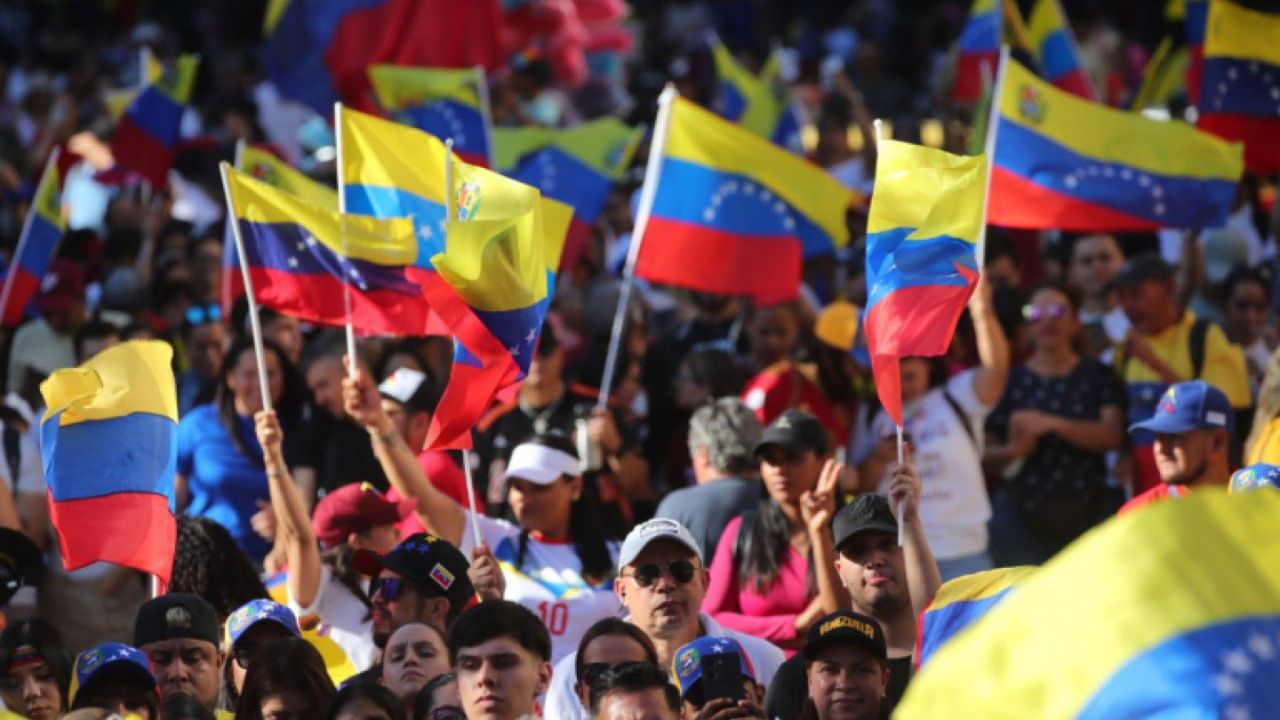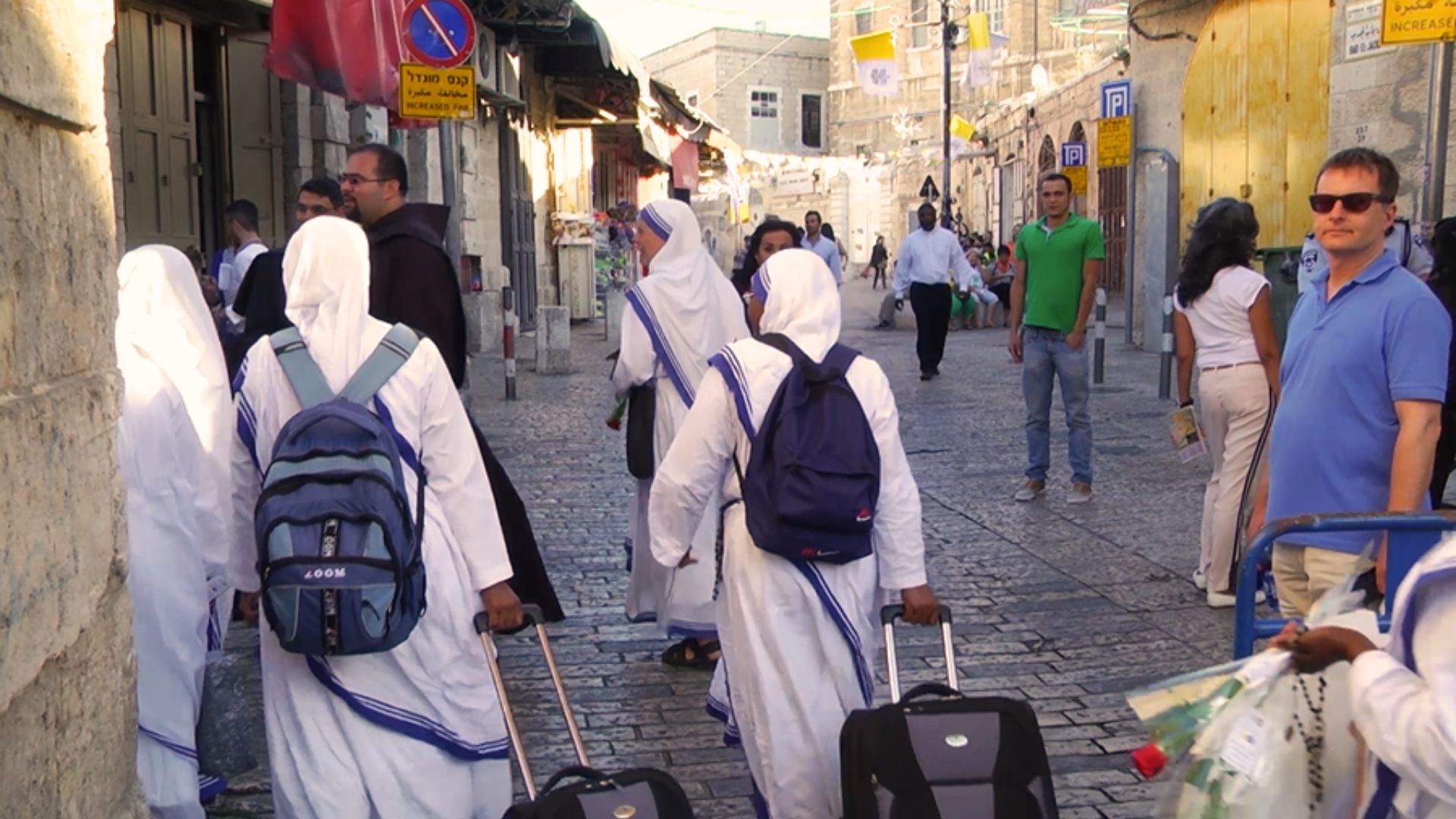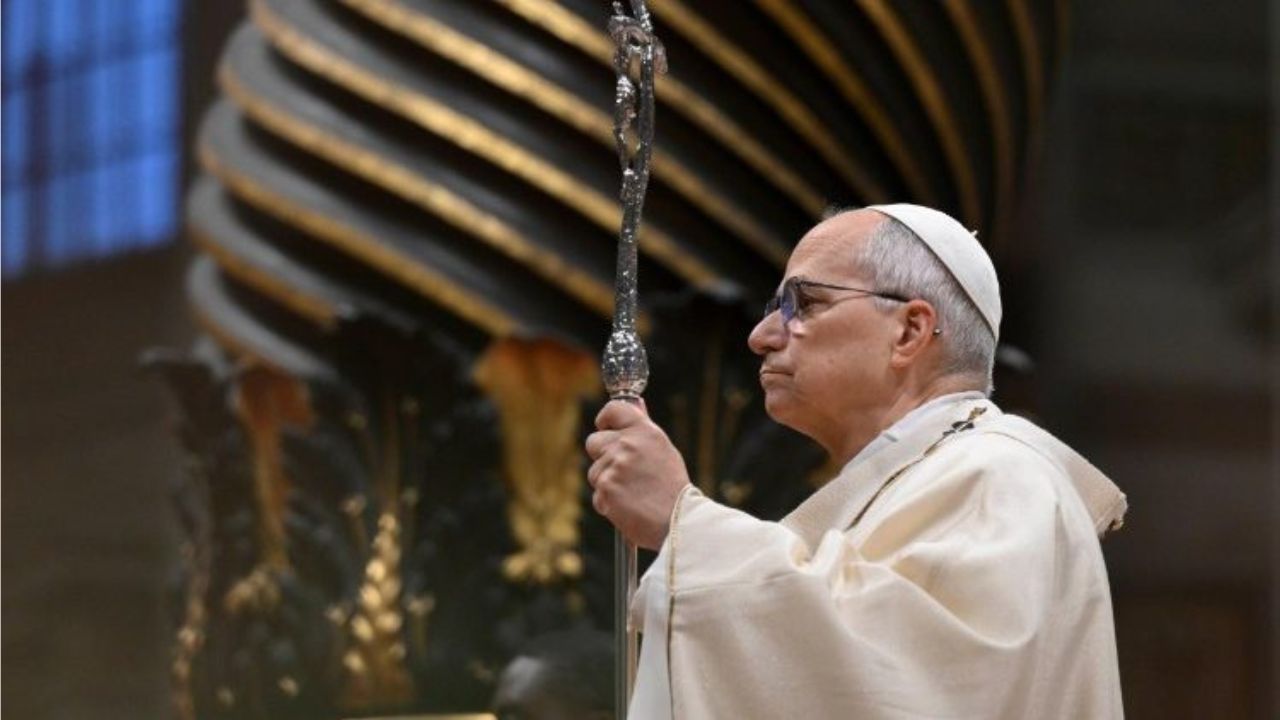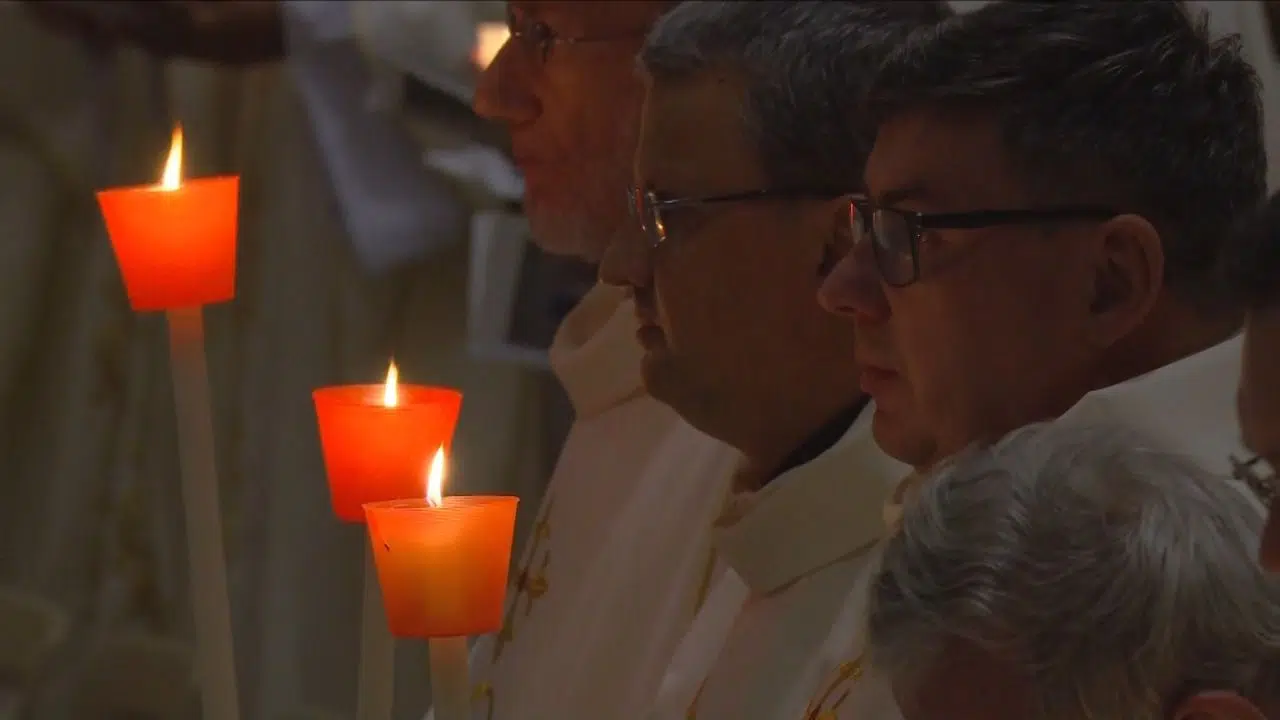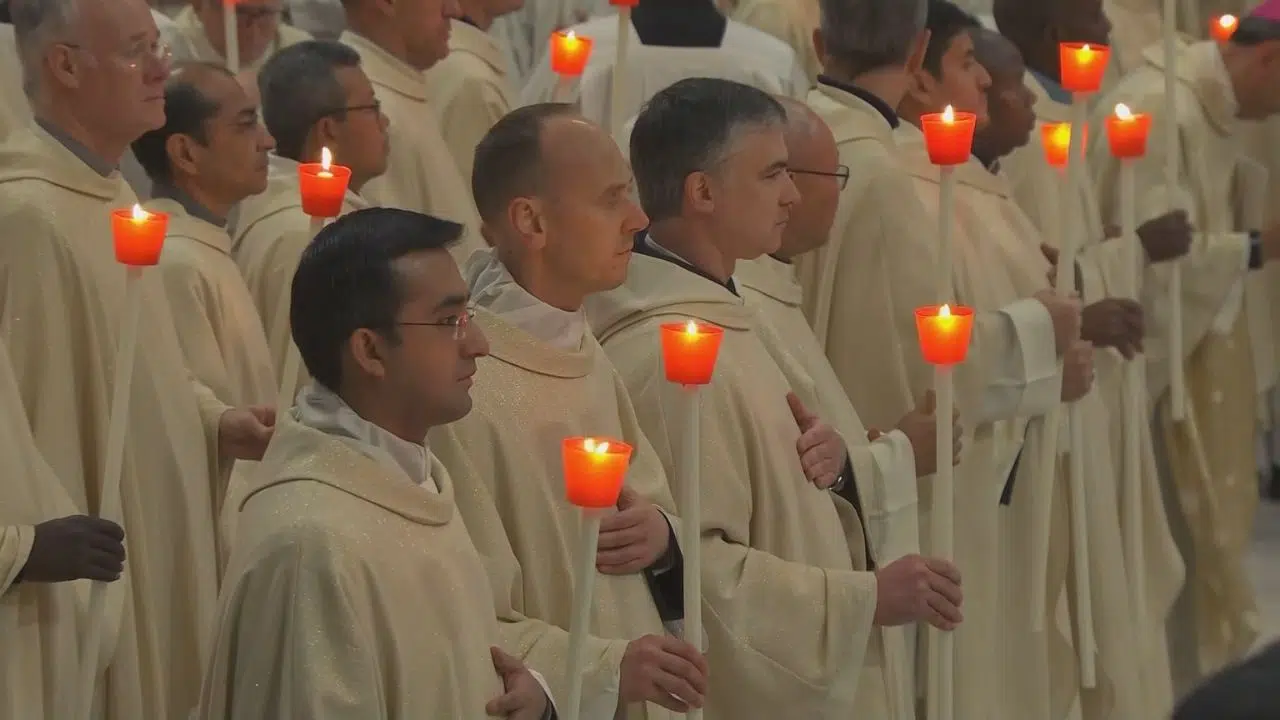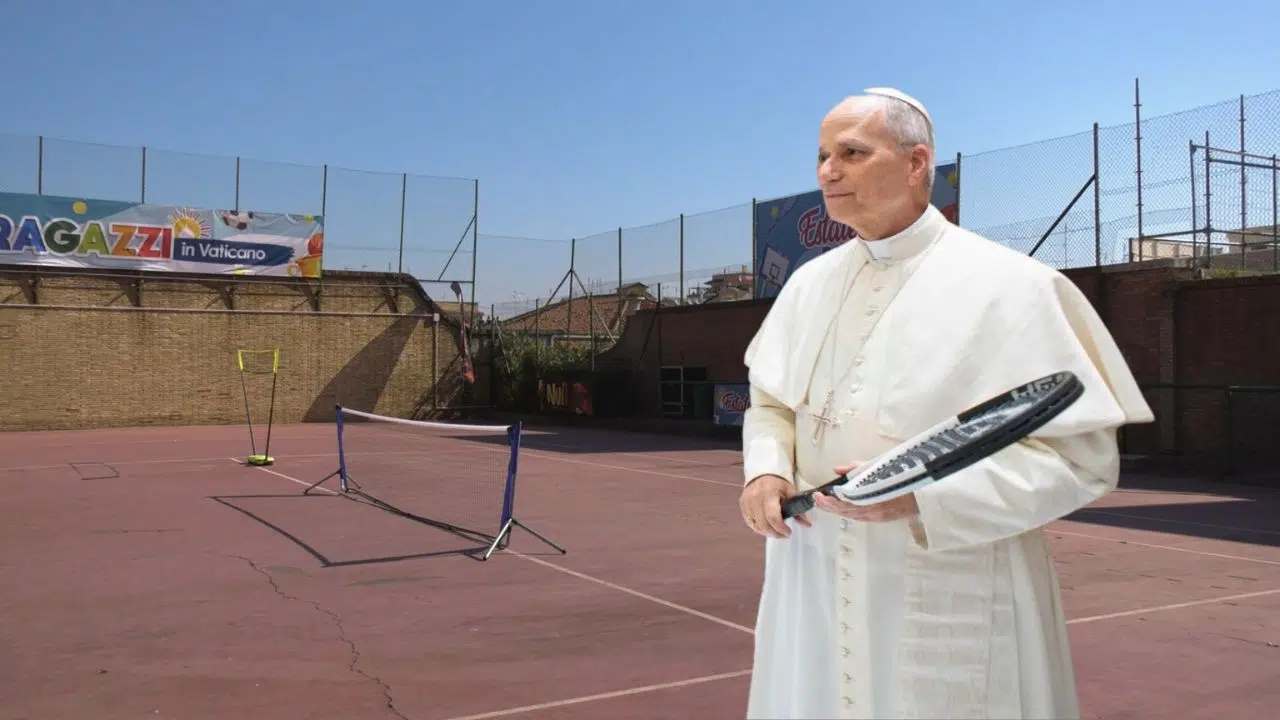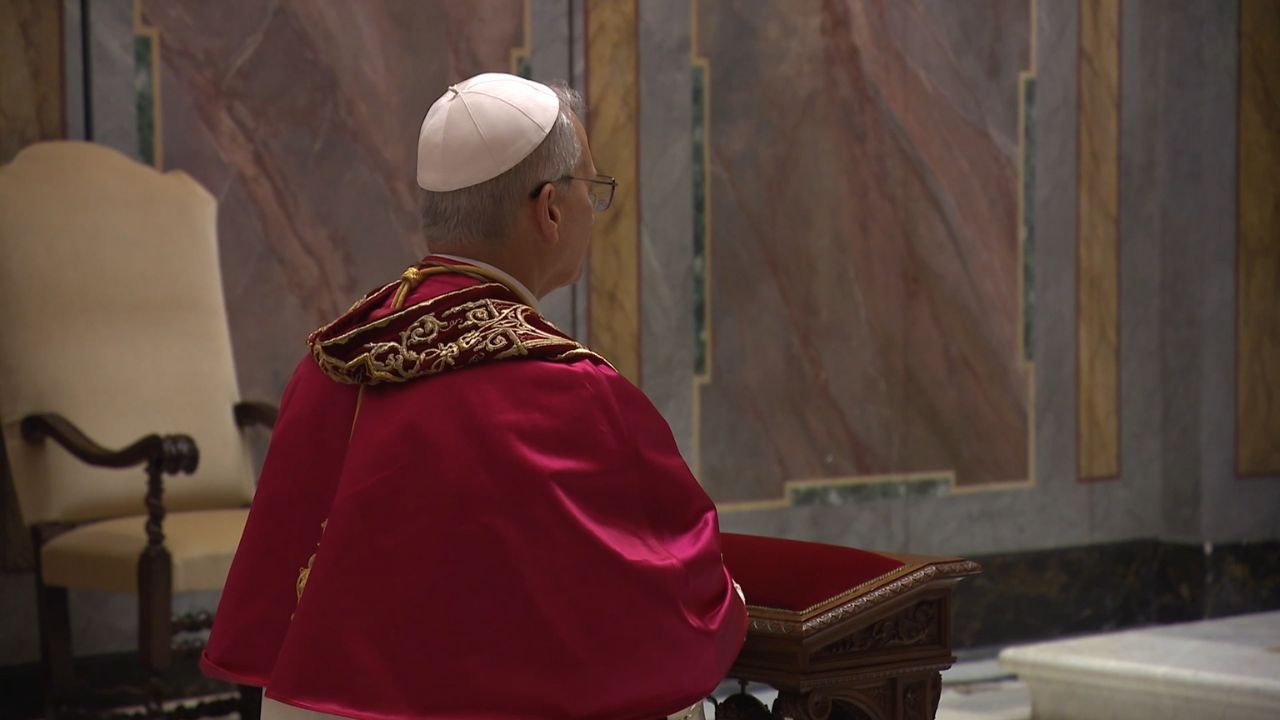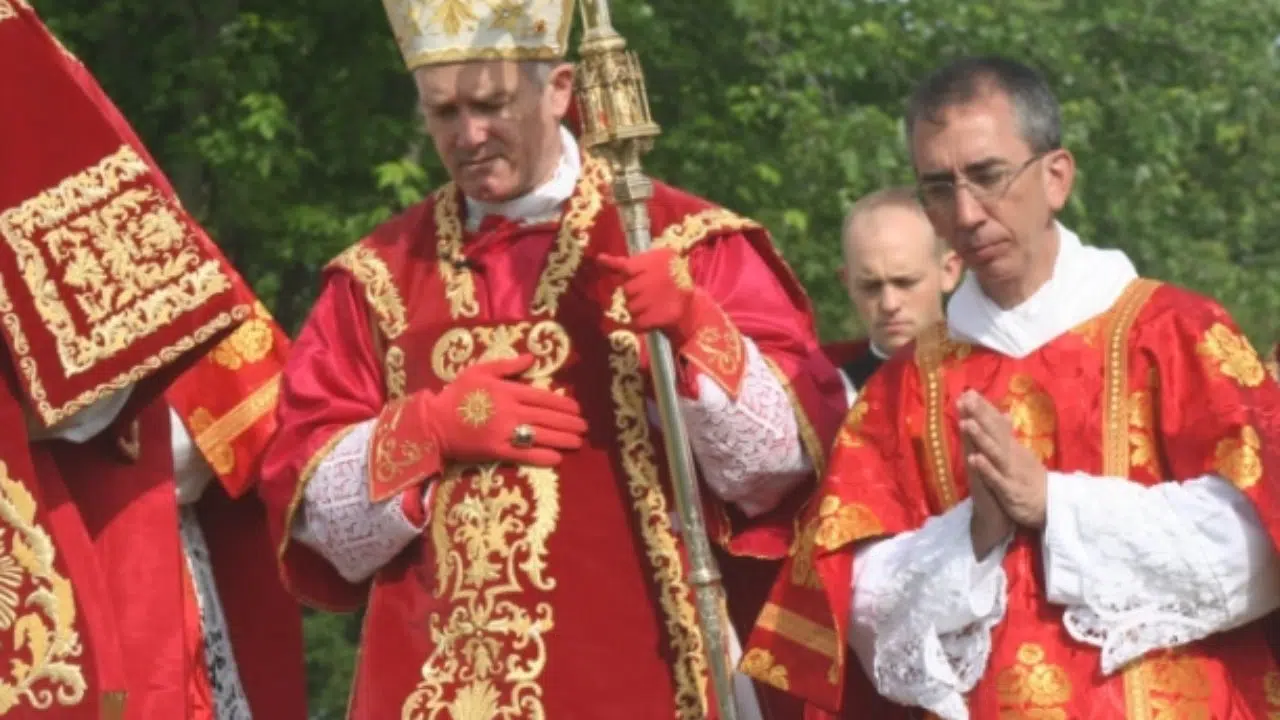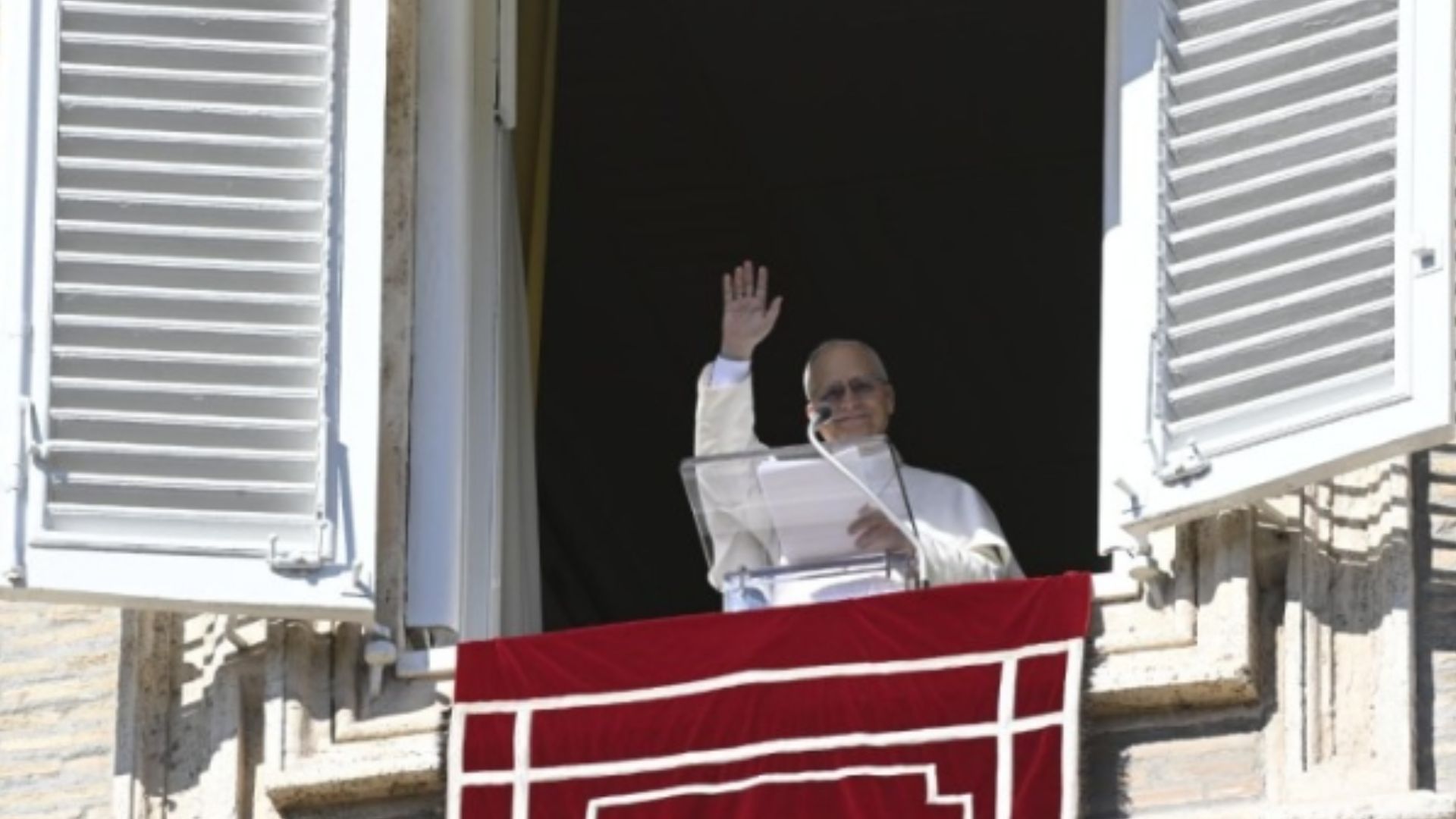The new pope will have several challenges to face. One of them is at a political level: he will need to pay attention to the movements of Vatican diplomacy, especially in the Middle East and Ukraine. There, he is currently trying to complete a peace mission to ensure that Russia returns deported children.
In recent years, the Vatican has shown itself to be a political actor highly regarded on a moral level. In 2014, Israeli and Palestinian leaders responded to the Pope Francis' call to hold a peace meeting at the Vatican.
The Holy See also succeeded in thawing relations between Cuba and the United States during the Obama era.
“And this year, Congress should begin the work of ending the embargo. As His Holiness, Pope Francis, has said, diplomacy is the work of 'small steps.' These small steps have added up to new hope for the future in Cuba.”
And that's not to mention the negotiation table that took place between the Venezuelan regime and the opposition, with the mediation of the Holy See.
In the diplomatic realm, there's also the issue of the fight against fundamentalism. In recent years, Pope Francis had managed to strengthen relations with some of the most important Muslim leaders. He was seen with the Sunni imam of Al-Azhar, with the imam of Indonesia—the country with the largest Muslim population in the world—and also with Al-Sistani, the Shiite leader of Iraq, during his 2021 trip.
On the ecumenical front, Pope Francis' first gesture was key: he appeared on the balcony calling himself the Bishop of Rome. This message resonated with the Orthodox, who emphasize a more synodal Church where the successor of Peter is not placed so far above the rest.
The new pope will have to decide whether to continue with Pope Francis' approach and what signals he sends to both politicians and religious leaders.
JH
